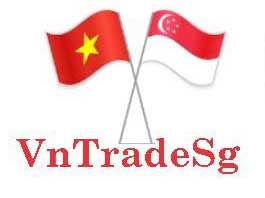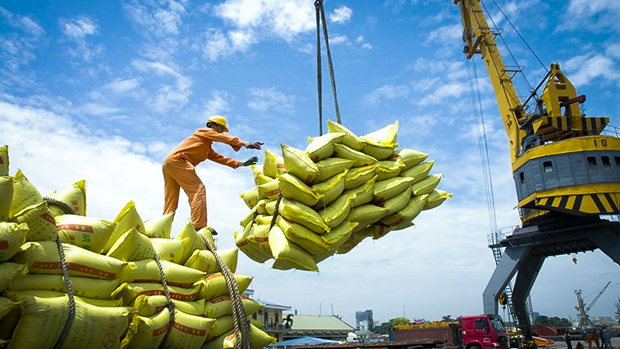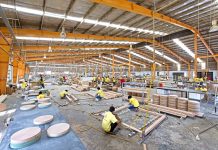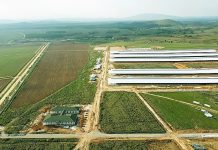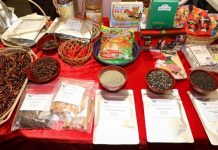There is still room for Vietnamese exports to grow in the Association of Southeast Asian Nations (ASEAN) market, including rice, the country’s major export. However, it is necessary for enterprises to review the import demand of each country, pay attention to brand building as well as enhance the competitiveness of Vietnamese rice, experts said.
There is still room for Vietnamese exports to grow in the Association of Southeast Asian Nations (ASEAN) market, including rice, the country’s major export. However, it is necessary for enterprises to review the import demand of each country, pay attention to brand building as well as enhance the competitiveness of Vietnamese rice, experts said.
According to Nguyen Thi Thu Thuy, Deputy Director of the Export Support Center under the Ministry of Industry and Trade’s Trade Promotion Agency, as ASEAN’s 700-million market has a lot in common with Vietnam in terms of culture and habits, Vietnamese rice has a lot of potential in this market. However, because the country has steadily moved to produce higher-quality rice, it will be difficult to compete with affordable brands from India, Myanmar and Pakistan in the future.
Given the context that most of the ASEAN countries have changes in the demand and conditions for importing rice, exporters should review the needs of each market, thereby having an appropriate strategy for product restructuring, promotion, and marketing, she said.
Pham The Cuong, Vietnam’s trade counselor in Indonesia, said the demand for high-quality rice in the host country is increasing in the context that the domestic supply is still limited. Therefore, the promotion of such high-quality Vietnamese rice as ST 24 and ST 25 needs to be furthered in this potential market.
Tran Le Dung from the Vietnam Trade Office in Malaysia said that Vietnamese rice accounts for a large market share in the total amount of the country’s imported rice. However, this item is usually imported raw, then packaged and labeled with their company brand. Therefore, consumers hardly know the rice brand of the importer.
To improve this situation, Dung suggested that Vietnamese enterprises send samples to the stalls in some Malaysian supermarkets, saying it is a sustainable way to access the local market.
Cao Xuan Thang from the Vietnam Trade Office in Singapore said that although the potential for exporting Vietnamese rice to Singapore is still very large, Singapore is a choosy market with strict requirements for quality and very competitive prices. That is why exporters must pay special attention to this factor./.
VNA
